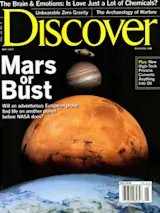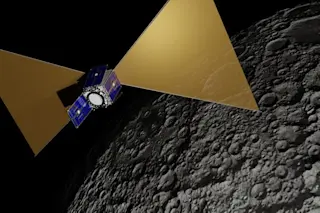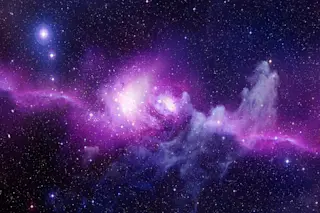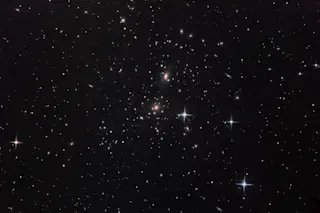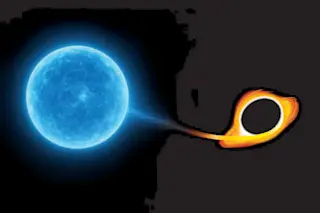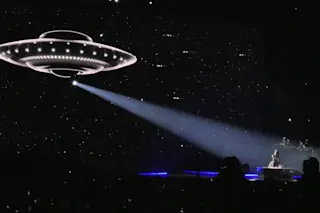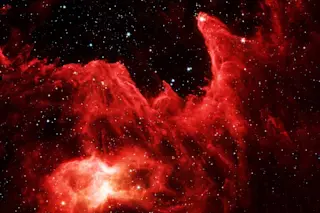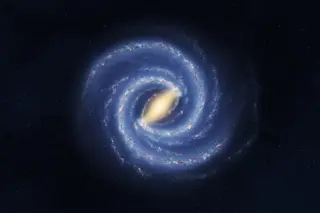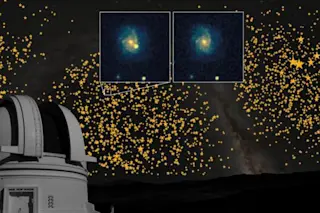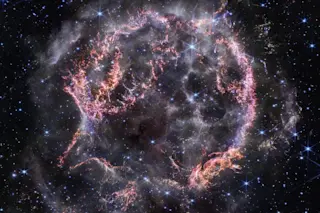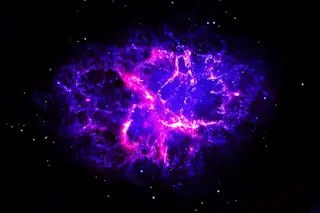On June 30, 2001, NASA launched a probe to confront some of the biggest questions we can ask: How old is the universe? How will it end? Is it finite or infinite? (See "The Magnificent Mission" by Tim Folger in Discover,
May 2000.) The spacecraft — recently renamed the Wilkinson Microwave Anisotropy Probe in honor of astrophysicist David Wilkinson — is sifting for clues in the cosmic microwave background, a remnant glow of microwaves from the early universe. The first results spectacularly corroborate the prevailing ideas about cosmic origins, including the theory that the universe began with an episode of runaway growth. Contributing editor Tim Folger discussed the implications of these findings with David Spergel of Princeton University, a leading cosmologist and a member of the WMAP team.
What is the most significant aspect of the new cosmic measurements?
The thing I'm most excited about is the precision. We now ...


